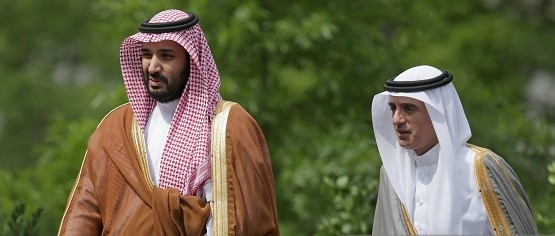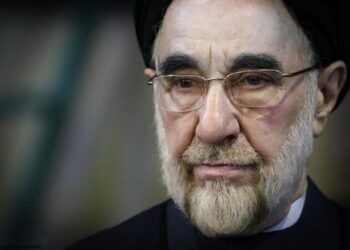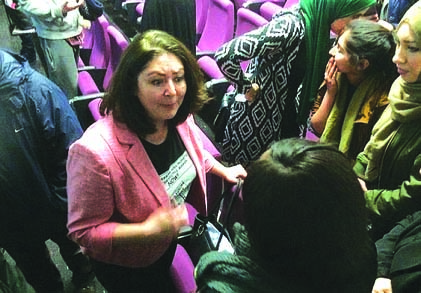December 25, 2015

The 34-nation Sunni military alliance against terrorism, announced last week, began to look more like a PR stunt this week after two countries named as members of the alliance—Malaysia and Pakistan—said they had never joined.
The grand alliance was announced by Saudi Arabia as an “Islamic military coalition” against terrorism. But as the alliance left out all four countries run by Shias, it looked more like an anti-Shia grouping than an anti-terrorism alliance.
Furthermore, there was no sign of any military aspect to what was billed as a military alliance to crush terrorism. (See last week’s issue, Page One.)
US Defense Secretary Ashton Carter issued a statement indicating he had more questions than answers about the supposed alliance: “We look forward to learning more about what Saudi Arabia has in mind in terms of this coalition,” he said quizzically.
Diplomats from some of the countries listed as members said they had been approached by the Saudis about joining what the Saudis called a coordination center in Riyadh to consider policies. They said they were surprised when the Saudi announcement spoke of a military alliance as well as a coordination center.
They weren’t pleased.
The United States, including President Obama himself, has been carping for months about the lack of commitment in the Middle East to tackling the threat from the Islamic State. Obama has insisted that the boots on the ground should be Middle Eastern boots, not the boots of American invaders. The ham-handed way the new Saudi alliance has been handled is likely to reinforce American suspicions of Arab commitment.
On the other hand, it is also likely to assuage Iranian concerns about an active anti-Shia alliance. It appears in reality to be an inactive anti-Shia alliance—which is nothing new.
The new alliance was announced at a midnight news conference by Deputy Crown Prince Mohammad bin Sultan and not by Foreign Minister Adel al-Jubeir. Sultan disappeared after making the announcement and Jubeir has been forced to clean up after prince. Jubeir painted the coalition as a grouping that would allow member states to request or offer assistance among themselves in fighting groups they designate as terrorist. He said the assistance could involve troops, funds, expertise or supplies.
It appeared that Jubeir had nothing to do with the formation of the coalition.
Malaysia was listed as a member of the group. But Malaysian Defense Minister Datuk Seri Hishammuddin Hussein told journalists Malaysia would not be joining the group.
And Pakistani Foreign Secretary Aizaz Chaudhry was quoted by the daily Dawn as saying he had been surprised at Pakistan’s inclusion in the group and was seeking information from Riyadh. He said he had never been contacted about such a coalition.
Reuters said it had contacted several other countries listed as members and “some said they had not been officially notified.” But Reuters did not identify them.
Commentator Iyad al-Baghdadi dismissed the announcement as a PR stunt.
Hayder al-Khoei of Chatham House in London tweeted: “Saudi Arabia heads a UN human rights council panel and now it leads an alliance against terrorism. This joke doesn’t need a punchline.”
A retired diplomat told The Guardian of Britain, “It looks like a bit of positioning. There’s been so much stuff saying the Saudis and Daesh are one and the same. This is one way of saying they are not. It’s pretty thin.”
Michael Stephens of the Royal United Services Institute in Britain said, “At the end of the day, this is a political message, not an operational, strategic one. It seems very ad hoc. But as well as coming up with an initiative that puts them back in Western good books, it is aimed at blocking Iran—not just in the Middle East but on the periphery in places like Nigeria. It builds options.”
In Tehran, there was little reaction, suggesting it didn’t take the Saudi announcement seriously.















